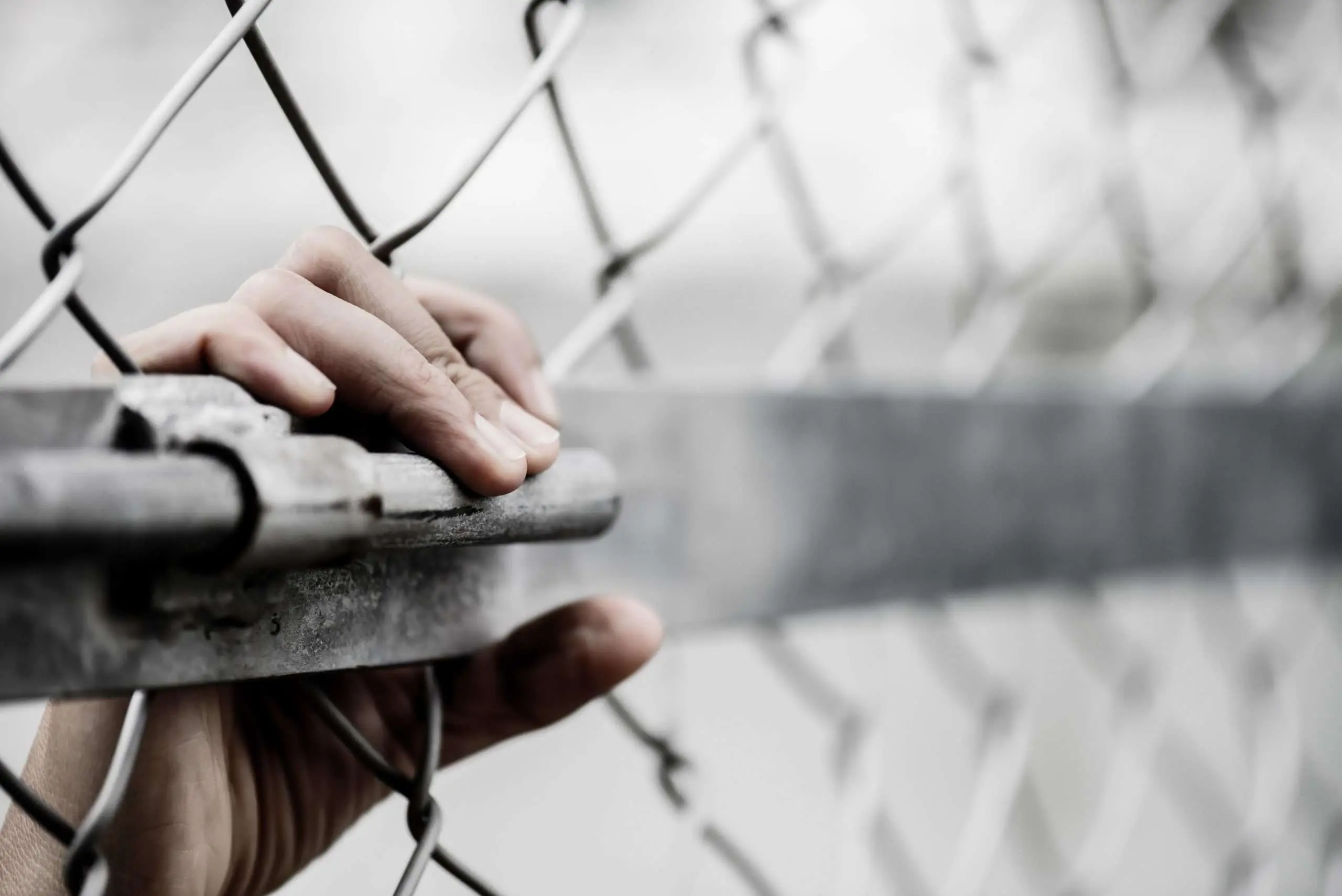The government is setting up a special unit to fight human trafficking, with a strong focus on protecting young people lured with false promises of overseas jobs.
This move, announced by Interior and National Administration Cabinet Secretary Kipchumba Murkomen, marks a new approach in the fight against trafficking by tightening regulations around labor migration and cracking down on suspicious recruitment practices.
Murkomen made the announcement while appearing before the National Assembly Committee on Administration and Internal Security.
He explained that the planned unit will strengthen enforcement efforts and ensure traffickers face justice.
"Human trafficking is a challenge that needs an all-of-society and multi-agency approach to curb it," he said on Tuesday.
The Cabinet Secretary was responding to a statement requested by Tarbaj MP Hussein Barre, who raised concern about the rising cases of human trafficking, particularly in Northern Kenya.
Barre had called for details on ongoing investigations into trafficking incidents and the role of recruitment agencies, as well as measures to help victims access justice and rehabilitation.
Murkomen confirmed that police have already identified several cases where individuals have tricked youth with empty promises of a better life abroad.
He assured the committee that the government is responding with various strategies to protect victims and hold traffickers accountable.
He said the government is prioritising the needs of trafficking victims by ensuring timely rescue missions, providing legal aid, and offering psychosocial support.
"A coordinated framework has been strengthened to facilitate the reintegration of rescued victims, ensuring they receive the necessary support to rebuild their lives," Murkomen added.
To enhance effectiveness, Murkomen said there is close cooperation between law enforcement officers and humanitarian agencies.
This collaboration, he explained, allows for better support systems and more efficient tracking of trafficking cases.
In addition, the CS noted that security agencies are actively pursuing leads involving recruitment agencies and individuals suspected of involvement in trafficking networks.
He assured the committee that such individuals are being apprehended and brought before the courts.
Murkomen also revealed that the government is running awareness campaigns aimed at helping communities identify and report suspected trafficking cases.
"Awareness campaigns are being conducted to educate communities on recognising and reporting human trafficking cases, empowering them to play a role in prevention and intervention efforts," he stated.
Barre had also pressed for a long-term solution to prevent future cases and support affected families.
In response, Murkomen pointed to ongoing steps by the government to make sure that both immediate and future needs of survivors are addressed through structured support and better coordination among responsible agencies.
The establishment of the anti-human trafficking unit, along with the measures already in place, is intended to create a strong system for prevention, victim protection, and legal action.
This move reflects the government’s growing commitment to tackle human trafficking more effectively, especially in vulnerable regions.

